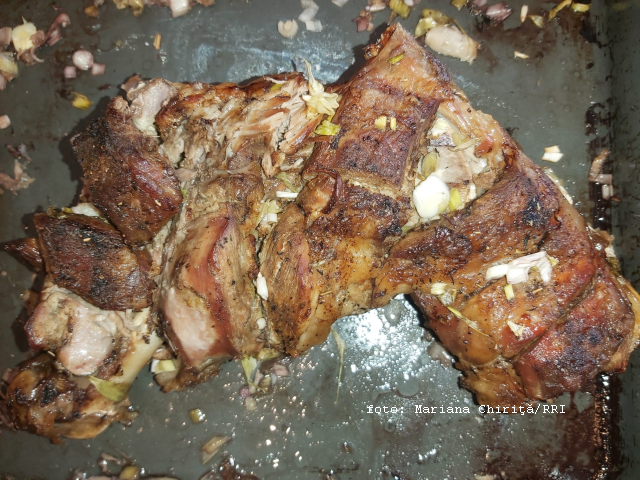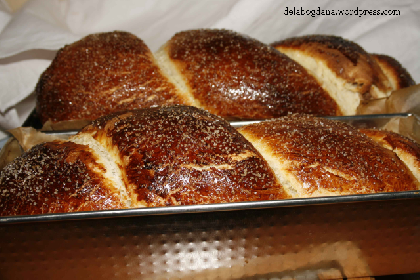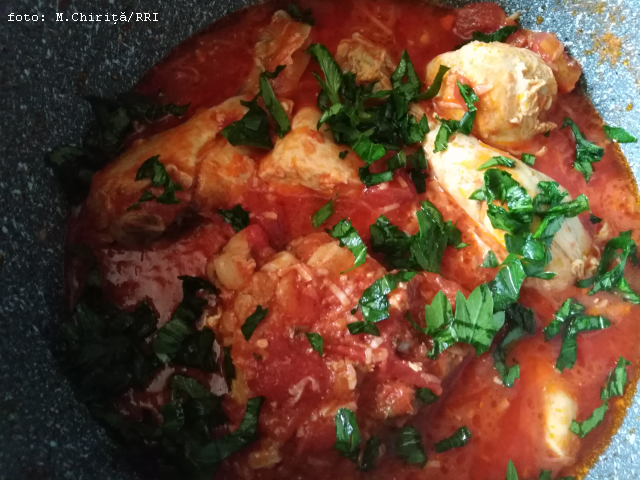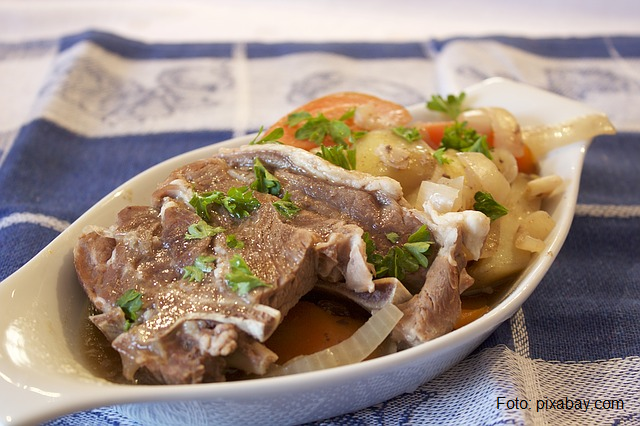Saxon dishes
The Saxon
villages from Transylvania and Banat still preserve specific customs and
traditions associated with Lent. From the Feast of the Epiphany until the
beginning of Lent, these communities used to observe what is known as Fasching,
or the Fifth Season. Most festivals and events held at this time of the year
are always accompanied by various traditional dishes.

Ștefan Baciu, 21.02.2016, 13:10
The Saxon
villages from Transylvania and Banat still preserve specific customs and
traditions associated with Lent. From the Feast of the Epiphany until the
beginning of Lent, these communities used to observe what is known as Fasching,
or the Fifth Season. Most festivals and events held at this time of the year
are always accompanied by various traditional dishes.
In the western
Romanian town of Resita, for example, this festive season started with the
Noodles Festival, held in late January. These homemade noodles were originally
a sweet dish and were served with poppy seeds, walnuts or homemade jam. Later,
meat was also added to the recipe. The Fasching in Resita ends with the
Doughnut Festival.
Doughnuts were
also served at the Masks Festival in Agnita, in central Romania. This custom is
linked to a legend from the Middle Ages. It appears that while the citadel of
Agnita was under siege by Ottoman troops, a brave young woman wearing a scary
outfit came out of the citadel flicking her whip and making deafening noises,
thus scaring off the attackers. Today, visitors who recognise the person behind
the mask and the costume gets a free doughnut.
Another event
connected to the Fasching celebrations is the Pancake Festival held every year
in Prejmer, in Brasov County, central Romania. An old Saxon custom has been
revived in recent years: groups of young men wearing masks roam the village in
a cart giving away pancakes they cook on the spot on a stove they take with them.
In exchange, people give them flour, sugar and eggs. These ingredients are used
to prepare the doughnuts served at a masked ball held later that same day. The
young men not only make the pancakes, but also ‘steal’ a local young woman whom
they hold as ransom. Until her parents pay the price for her release, this
young woman travels with the young men in the cart. The pancakes are, of course, delicious, being served with gem or
preserve, walnuts, honey or grated apples as filling.
This is actually
quite an easy dish to make. You need a glass of flour, one egg, half a glass of
milk, mineral water or soda, some sunflower oil, sugar and salt. Mix the flour
and the egg and add the milk until the mix is soft and creamy. Add the salt and
sugar and leave to cool in the fridge for half an hour. Pour some oil in a pan
then pour or scoop the batter into the pan, spreading the batter into a round.
Brown on each side, flipping the pancakes carefully with a spatula. Transfer to
a platter, stacking the pancakes. Serve with the filling of your choice, and of
course, enjoy!






























